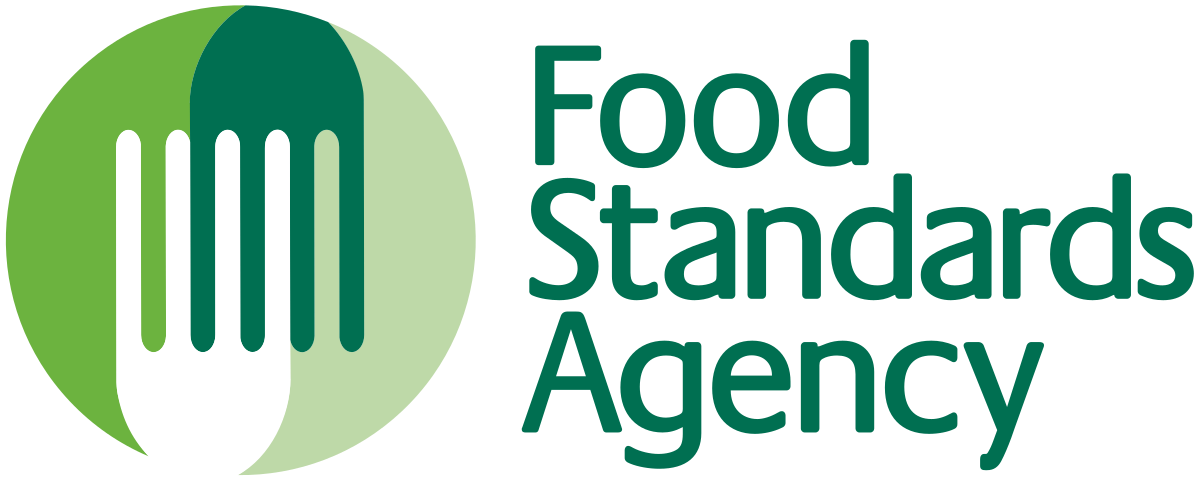Festival Food Vendors Take Note FSA updates Allergen Guidance

A key change will take place in October 2021 regarding Allergen Guidance for the preparation and sale of food. This is particularly relevant to festival vendors who are catering for thousands of people over a few days all with slightly different dietary requirements. Vendors need to get up to speed with the new Food Standards Agency Allergen Guidance.
After the wide publicity several years ago concerning the case of teenager Natasha Ednan-Laperouse, who died after suffering an allergic reaction to sesame in a baguette she had eaten changes were introduced after a UK-wide consultation. To see the new guidelines in full follow this link to the FSA PDF.
With 14 major allergy groups it is essential for food vendors to fully comply with the guidance with consistent and accurate labelling and provide information to hypersensitive event goers in a form that is familiar and convenient for them. What are the 14 key allergen ingredients that food vendors need to be familiar with?
- Celery.
- Cereals containing gluten.
- Crustaceans.
- Eggs.
- Fish.
- Lupin.
- Milk.
- Molluscs.
- Mustard.
- Nuts.
- Peanuts.
- Sesame Seeds.
- Soya.
- Sulphur Dioxide (sometimes known as sulphites).
Of course food can contain any of these ingredients the key is how these are highlighted and clearly and accurately labelled. Assuming that the majority of food vendors are selling food prepared in their pitch and not pre-packed food the requirements are less rigid as no information is required to be labelled on the food. However, allergen information must be made available (in writing or orally) and foods that have been irradiated or that contain GM ingredients must be declared. The key areas for festival food vendors to consider are:
Kitchen Preparation.
Foods provided in a non-prepacked format will require effective communication practices between the staff (preparation and sales or front and back of house) and customers. If in doubt these products should not make a “free-from” claim or any claim consumers would understand as “free-from.
Ingredients.
Considered the allergen status of all ingredients in recipes and bear in mind that some Ingredient suppliers may only state what allergens are in a product. This is not the same as an ingredient being “free-from” a specific allergen. “Free-from” status needs to be assured by the vendor or supplier. Choose products which are already manufactured to meet “free-from” criteria.
Staff Training.
Ensure that all staff have had suitable allergen training so they understand the importance of cross contamination controls and their relevance to allergenic customers. As a minimum have staff with sufficient knowledge to validate and audit the food ingredient and preparation controls. Key will be the effective communication between the customers and the food vendor staff.
More useful information can be found at the Nationwide Caterers Association (NCASS) who have a dedicated Allergen Hub full of resources and useful data that food vendors can access for free.
For any music festival organiser planning their event this year using a software management platform like Festival Pro gives them all the functionality they need manage every aspect of food vendor policies, processes and procedures. The guys who are responsible for this software have been in the front line of event management for many years and the features are built from that experience and are performance artists themselves. The Festival Pro platform is easy to use and has comprehensive features with specific modules for managing artists, contractors, venues/stages, vendors, volunteers, sponsors guestlists and ticketing.
<< Back to articles
Contact us
Get in touch to discuss your requirements.
US: +1 424 485 0220 (USA)
UK: +44 207 060 2666 (United Kingdom)
AU: +61 (2) 8357 0793 (Australia)
NZ: +64 (0)9887 8005 (New Zealand)